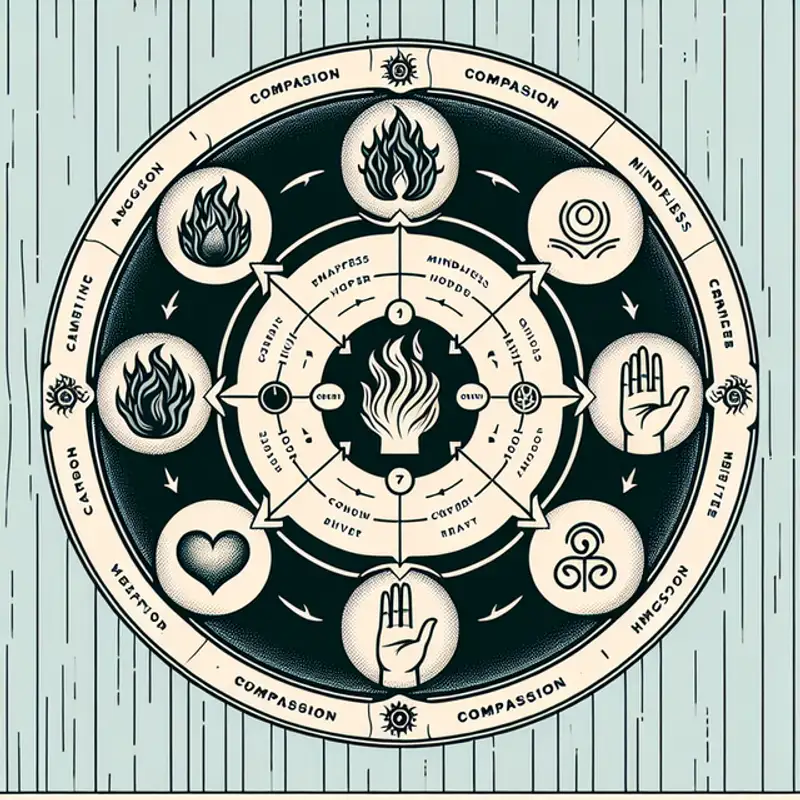 Episode
Episode
· 02:25
In this captivating Vox piece, reporter Sigal Samuel explores the uneasy relationship we have with anger and guilt by drawing on ancient Greek wisdom. The article details a personal story about striving not to become "an angry person" like a parent's negative example, using the myth of the Furies and their transformation into the kindly Eumenides as a metaphor for channeling raw anger into constructive action. Samuel explains that anger itself is an innocent signal—an emotional alert that something is amiss—while our responses to it can be reformed through mindfulness, self-reflection, and even meditation. As she puts it, “You’re holy, honored here, and you’re my guest,” inviting us to see anger not as a fixed defect, but as a transient state informed by circumstance that can lead to radical self-compassion.
Key Points:
By weaving together personal reflection, philosophical insight, and even recommendations on mindful practices, Samuel provides a thoughtful guide on transforming destructive anger into an opportunity for growth and compassion.
Link to Article
Listen to jawbreaker.io using one of many popular podcasting apps or directories.